
Smart Phones
In 2007, the first iPhone was introduced to the world and, let’s face it, we haven’t been the same since. On the upside, smartphones provide a platform for engaging health apps that help us meet our lofty wellness goals. But as Richard Carpiano, a professor of sociology at the University of British Columbia, says, “There will always be some sort of unintended consequence.”
Sure, we have access to thousands of workout videos on YouTube and can Google health advice any time, but smartphones have also brought on stress from overconnectivity, caused blue-light-related sleep problems and led to the rise of text neck. As early as 2009, health professionals began noticing that the action of looking down at a phone while texting could cause injury to the neck and shoulders.
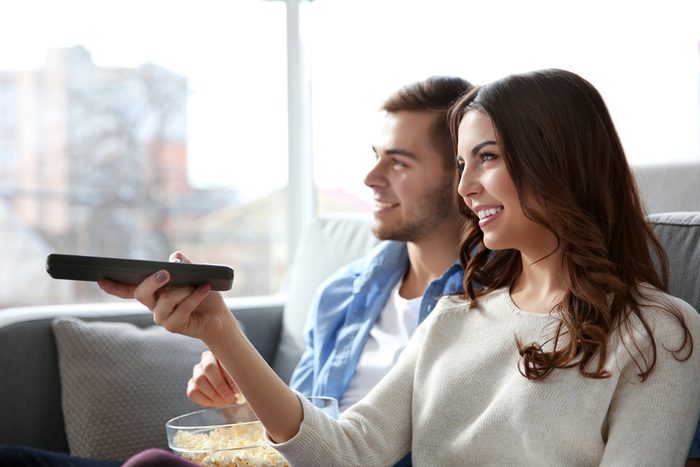
Netflix
Before 2010, if you wanted to binge-watch a show in Canada, you needed a pile of DVDs. But when streaming services like Netflix entered the market, suddenly we were able to watch our favourite shows for hours on end – without even having to get up to change the disc. Seems like a small thing, but it’s one more habit that encourages idleness. Timothy Caulfield, a professor in the School of Public Health at the University of Alberta, says our love of streaming is part of a larger shift toward inactivity. That said, there has been a recent pushback against sedentary behaviour. “We’re seeing standing desks and even walking desks and recognizing that you can’t necessarily alter an unhealthy lifestyle with one half-hour workout here and there,” he says.

Celeberity Health Blogs
In 2008, Gwyneth Paltrow started Goop, a lifestyle newsletter that developed into a website that preaches health practices. Since then, all kinds of celebs have jumped in, offering their own wellness advice. But it’s not always healthy, says Caulfield, who devoted a book to the subject. Celebrity recommendations confuse the discussion around what we need for a healthy life. “They need to complicate things to have products and things to talk about,” he says. “Unfortunately, studies tell us that the more complicated things are and the more noise there is, the more people start to shut out health advice altogether.”
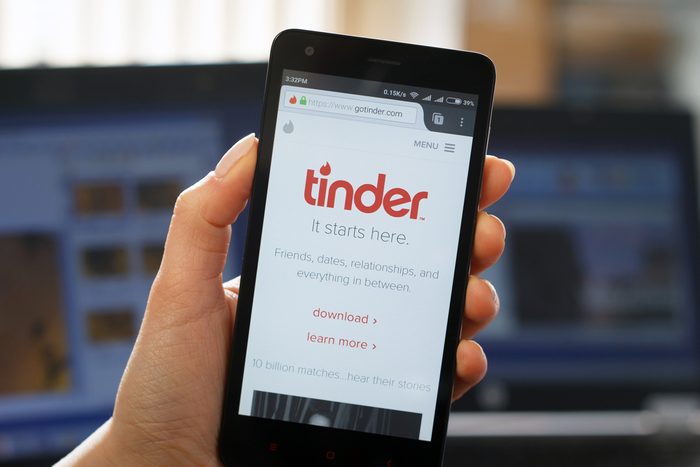
Tinder
The app that enables users to find dates nearby by simply swiping right became hugely popular in 2014. But shortly after, some health agencies began to wonder if social-media-based dating apps were leading to a rise in sexually transmitted infections.
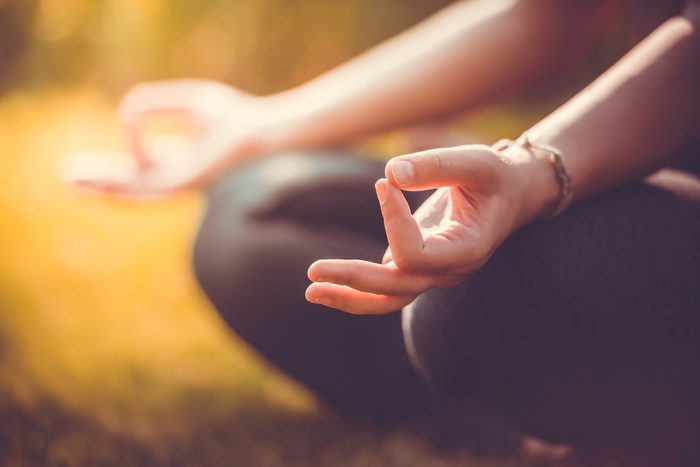
Mindfulness
Yes, people have been meditating for millennia, but the past decade has seen a sharp rise in mindful philosophies – not to mention meditation apps. Recent studies have shown that there are some benefits to practicing mindfulness, but Caulfield suggests that it might be symptomatic of a bigger cultural shift that has us all running ourselves ragged. Our excessive busyness and constant connectivity make us yearn for opportunities to clear our heads. “I think it’s really about relaxing and having these moments of peace in our lives that are so rare now,” says Caulfield.
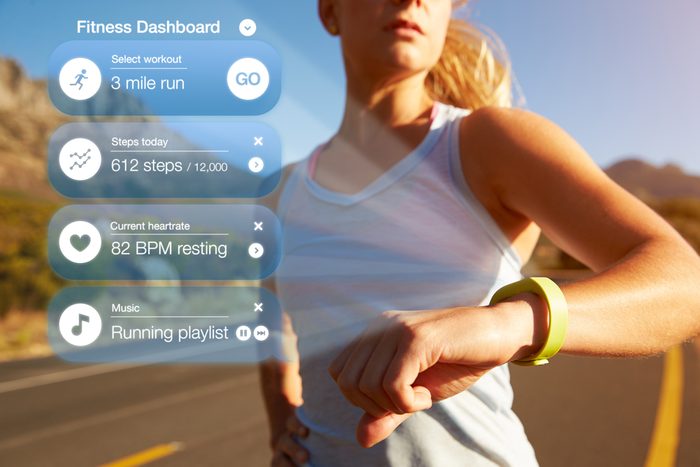
Health Trackers
Today we can buy wristbands to count our steps and use apps to track our sleep, but it’s only what we choose to do with this information that can have an impact on our health. “I’m skeptical about the extent to which all the data collected by personal health trackers and apps is effectively used by individuals to produce any substantial and sustained health improvements,” says Carpiano. Caulfield, too, is skeptical: “We interpret the data the way we want to. When you become obsessed with those metrics, you can use them to fool yourself into doing a lot of things.”
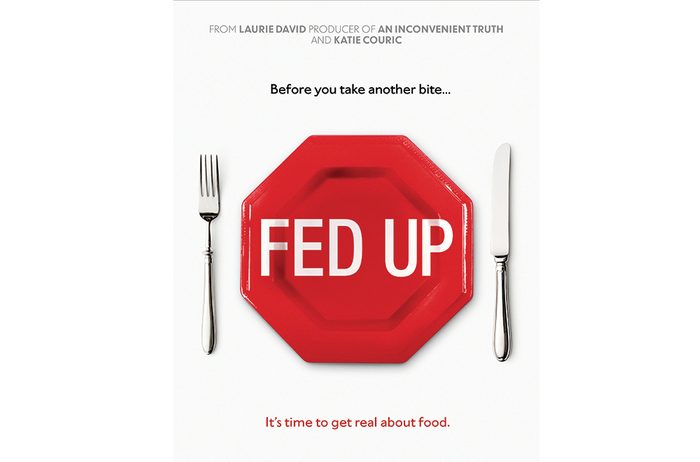
Food Docs
Combining our love for binge-watching with our growing cultural distrust of industrial agriculture, films like Food Inc. (2008), Forks Over Knives (2011) and Fed Up (2014) have started a new genre that’s informing our eating habits.
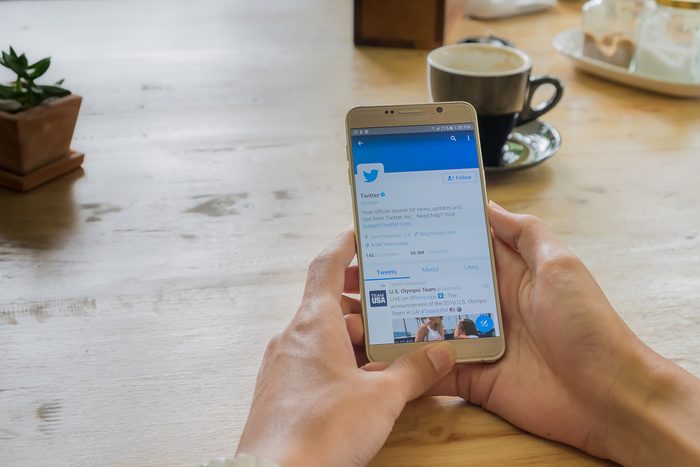
Social Media
Social media offers us a way to stay connected with friends – even share our #healthgoals – but there can be not-so-healthy consequences, too. Some research has found that people experience symptoms of depression after looking at other people’s posts about their blissful lives. Carpiano says that this is nothing new but potentially concerning. “There has been a lot of work done about the idea of relative deprivation and making comparisons to other people,” he says. “That definitely has implications for mental health, and Facebook has the potential for increasing those stakes.”
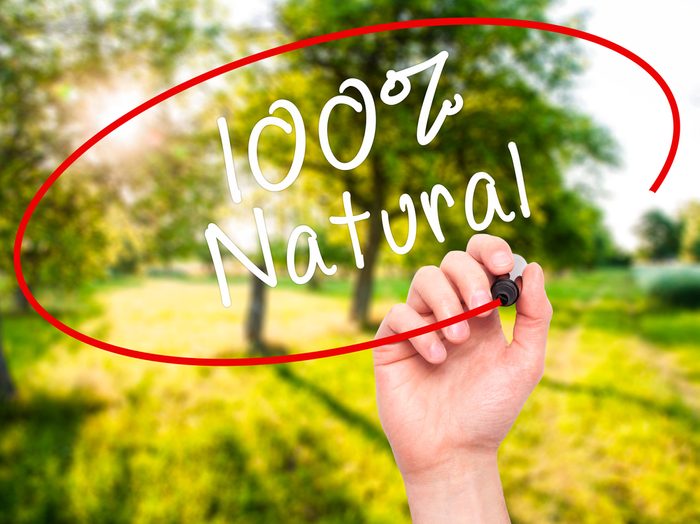
Natural Claims
Over the past few years, you may have seen the word “natural” popping up on packaged foods or even noticed a new section in your grocery store dedicated to it. Caulfield explains that consumers are wary of big pharma and big agriculture and the resulting backlash means that people are looking for natural options over manmade ones, and some corporations are capitalizing on the trend by boasting “natural” on their labels. To be 100% sure you’re getting what you think you are, read the fine print – and more (do some research).

Online Shopping
Want to try that new protein powder your friend is raving about? It’s at your door at the touch of a button. But beware: Unregulated supplements and illegal diet pills can also be purchased on the web, so proceed with caution.
